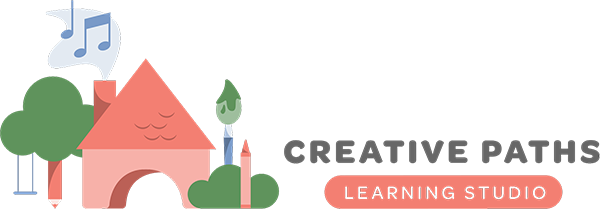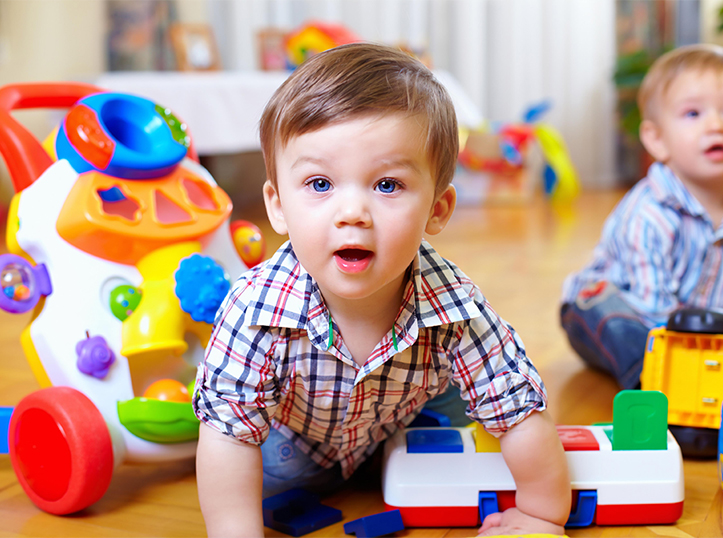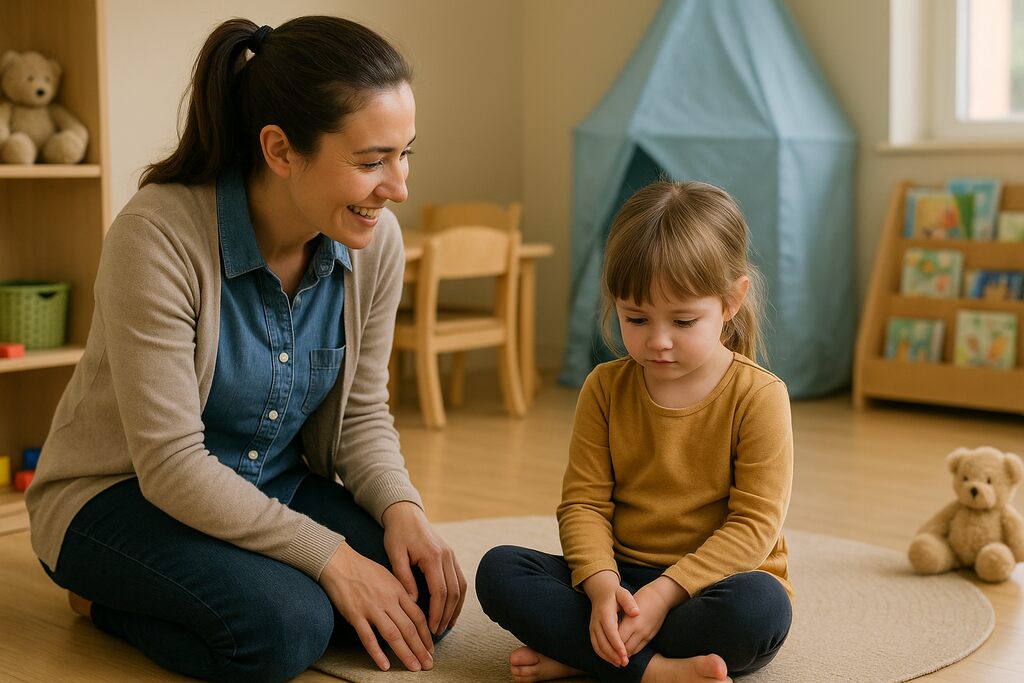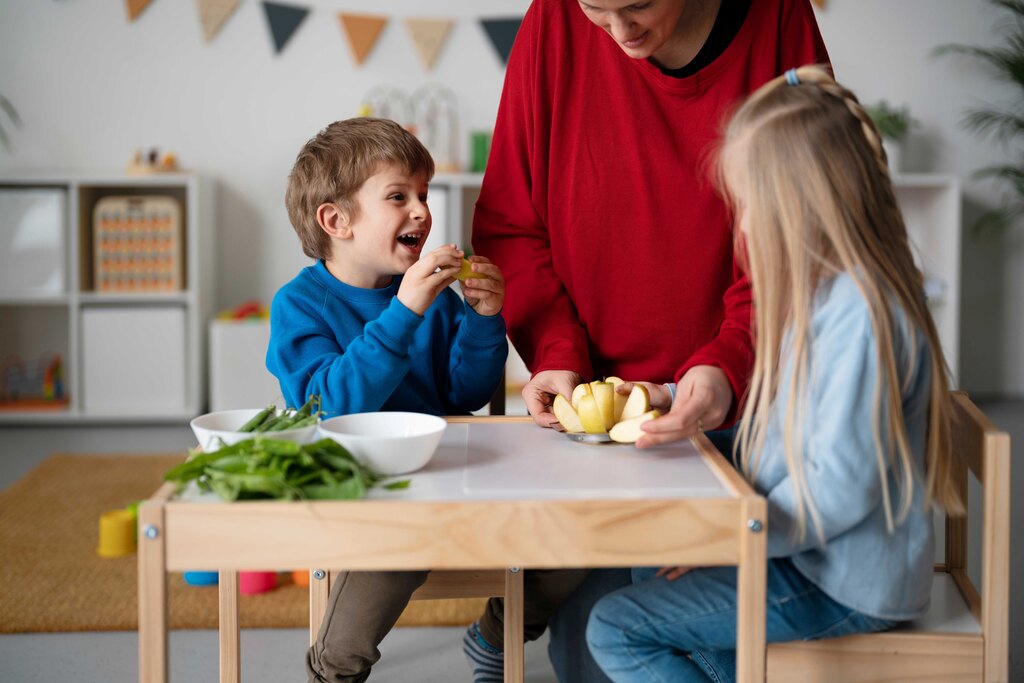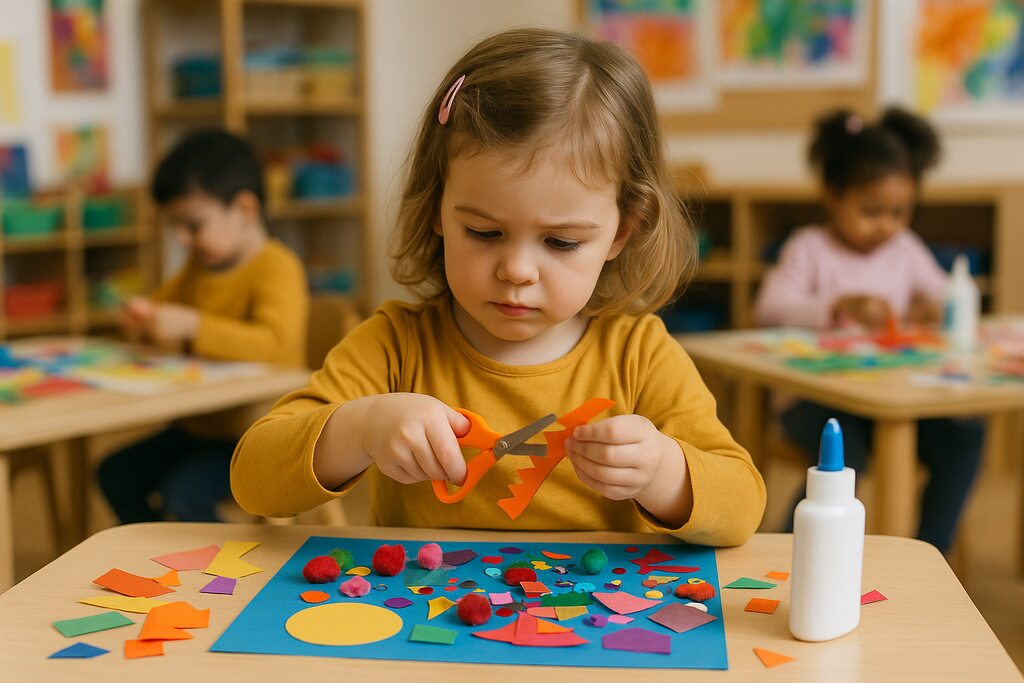By using our website, you agree to the use of cookies as described in our Cookie Policy
Early Childhood Education Info & Tips for Deerfield Area Parents
What Parents Should Know About Early Learning Programs in Deerfield
Kids need more than a safe place to spend the day. In Deerfield, early learning programs can give children real chances to connect, try new things, and figure out how to handle tough moments. The right program goes beyond the basics. It helps kids build habits and attitudes that last. Parents who want more for their children should pay attention to what’s actually happening in the classroom, not just what’s promised on paper.
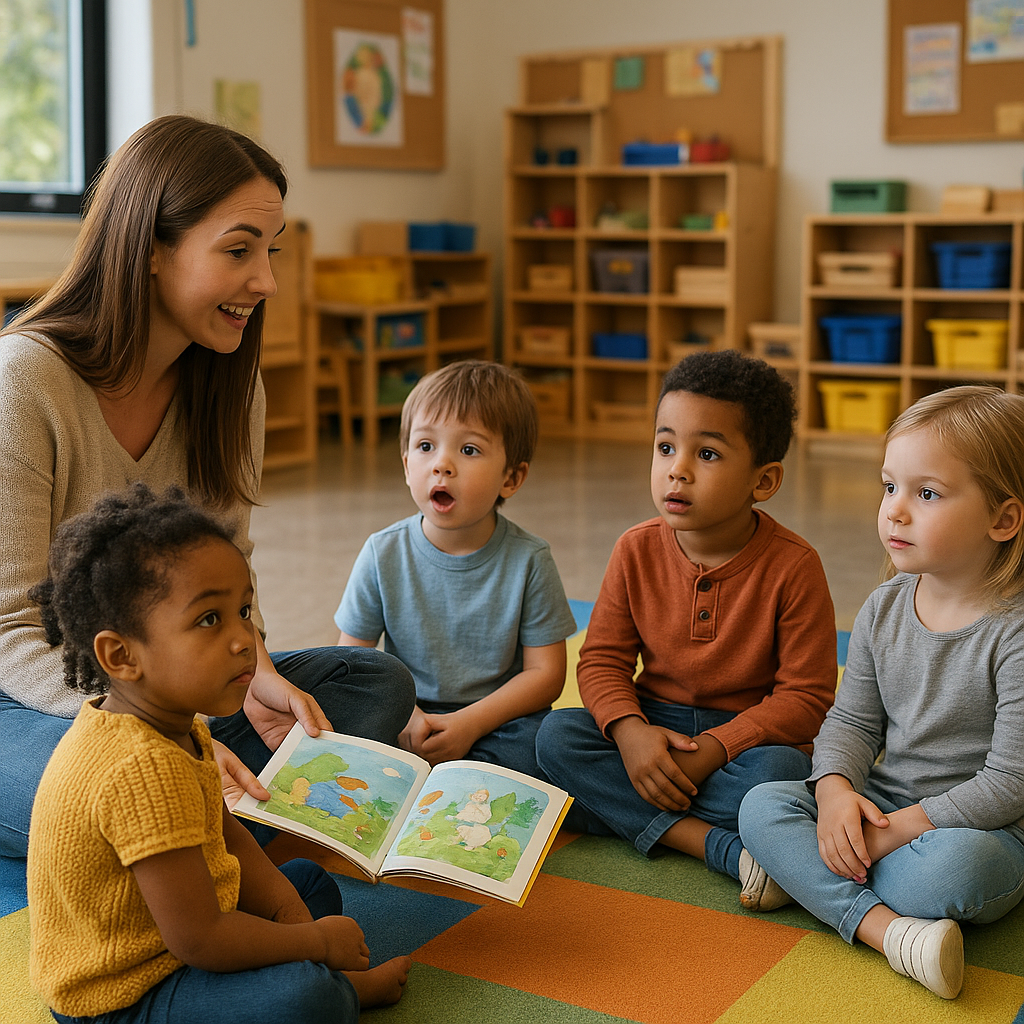
What Sets Strong Programs Apart
Not every early learning program delivers the same results. Some rooms feel chaotic, with kids left to their own devices. Others run like clockwork but leave no room for curiosity. The best programs strike a balance. Teachers guide, but don’t control. Kids get space to explore, but routines keep things predictable. This mix builds trust and confidence. Children know what to expect, but they also get to make choices and solve problems on their own.
- Teachers greet each child by name. Kids feel seen.
- Classrooms buzz with conversation, not just instruction.
- Materials are within reach. Children pick what interests them.
- Outdoor play isn’t an afterthought. It’s part of the plan.
Programs that focus on the whole child don’t just talk about social skills. They build them every day. Kids learn to wait their turn, ask for help, and bounce back from setbacks. These skills matter as much as counting or letter recognition.
Real Growth Happens in Small Moments
Watch a toddler stack blocks. It looks simple, but there’s a lot going on. Fingers grip and release. Eyes track the tower. A teacher asks, “How high can you go?” The child tries again. This is learning in action. At Creative Paths Learning Studio, we don’t rush these moments. We give kids time to experiment and figure things out. Growth doesn’t come from worksheets. It comes from real play, real challenges, and real encouragement.
- Kids pour water, scoop sand, and sort shapes.
- Teachers model words and actions, not just rules.
- Children hear stories, sing songs, and act out ideas.
- Every day brings new chances to try, fail, and try again.
Parents who want to see progress should look for these small wins. A child who shares a toy or comforts a friend is learning just as much as one who recites the alphabet.
Tracking Progress Without Pressure
Growth doesn’t follow a straight line. Some kids talk early. Others run before they can speak in full sentences. The best pre-kindergarten programs track progress without turning it into a race. Our teachers notice who joins group play, who asks questions, and who needs extra time. They share these insights with parents, not just test scores or charts.
- Social skills: Does your child make friends? Handle frustration?
- Physical skills: Can they climb, jump, or use scissors?
- Language: Do they tell stories or ask for what they need?
- Problem-solving: Do they try new things or give up quickly?
- Emotional growth: Can they calm down after a tough moment?
Parents get a clear sense of what’s working and where to support at home. No pressure. Just honest feedback and real partnership.
Structure That Supports, Not Stifles
Kids thrive on routine, but too much structure kills curiosity. The best early learning curriculum blends both. Mornings might start with circle time, but the day leaves room for kids to follow their interests. Teachers set up activities, but children decide how to use them. This approach builds independence. Kids learn to make choices and stick with them.
- Predictable routines anchor the day.
- Flexible blocks of time let kids explore deeply during play.
- Transitions are smooth, not rushed.
- Teachers step in when needed, but don’t hover.
Children who feel safe and respected take more risks. They try new things, ask questions, and build real confidence.
What to Look for When Choosing a Program
Not every program fits every child. Walk through the space. Listen to the way teachers talk to kids. Look for signs of real engagement. Toddler programs should feel lively, not chaotic. Teachers should know each child’s quirks and strengths. The environment should invite exploration, not just keep kids busy.
- Low student-to-teacher ratios mean more attention for your child.
- Teachers with real training handle tough moments calmly.
- Classrooms display children’s work, not just decorations.
- Outdoor spaces are safe and used every day.
Ask about discipline. Watch how teachers handle conflict. The right program doesn’t just talk about respect. It shows it in every interaction.
Early Learning Sets the Pace
Children who spend time in strong preschool environments pick up more than facts. They learn how to listen, share, and bounce back from mistakes. These skills carry into kindergarten and beyond. Kids who feel confident in a group, who know how to ask for help, and who aren’t afraid to try new things start school ready to learn. The benefits stack up year after year.
- Better language skills show up in conversations and stories.
- Social skills make group work and friendships easier.
- Emotional strength helps kids handle setbacks.
- Physical confidence shows in climbing, drawing, and building.
Parents see the difference at home, too. Kids bring new words, new songs, and new ways of solving problems. The right start makes everything that follows a little smoother.
Schedule Your Program Tour Today
Ready to explore early learning options in Deerfield? Contact Creative Paths Learning Studio at 847-372-0079 or schedule a tour to learn more about our developmental approach to early childhood education.
‹ Back
